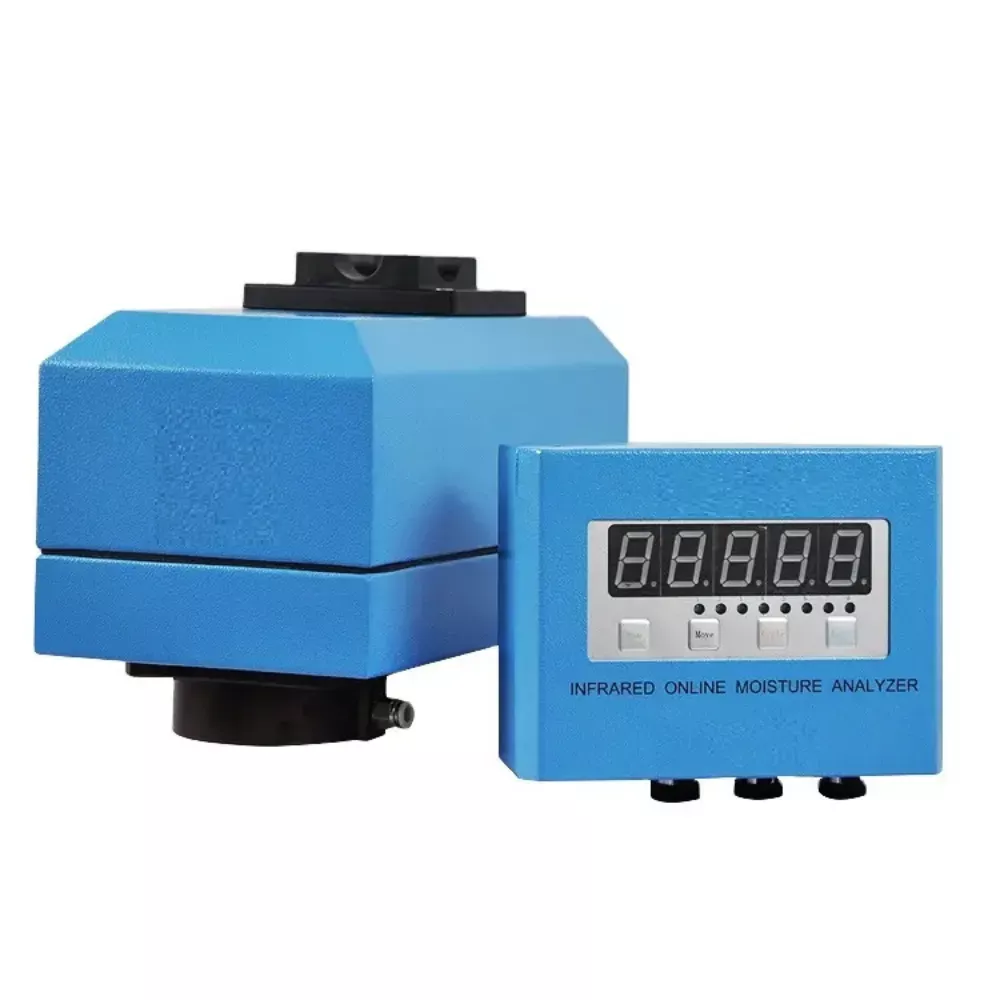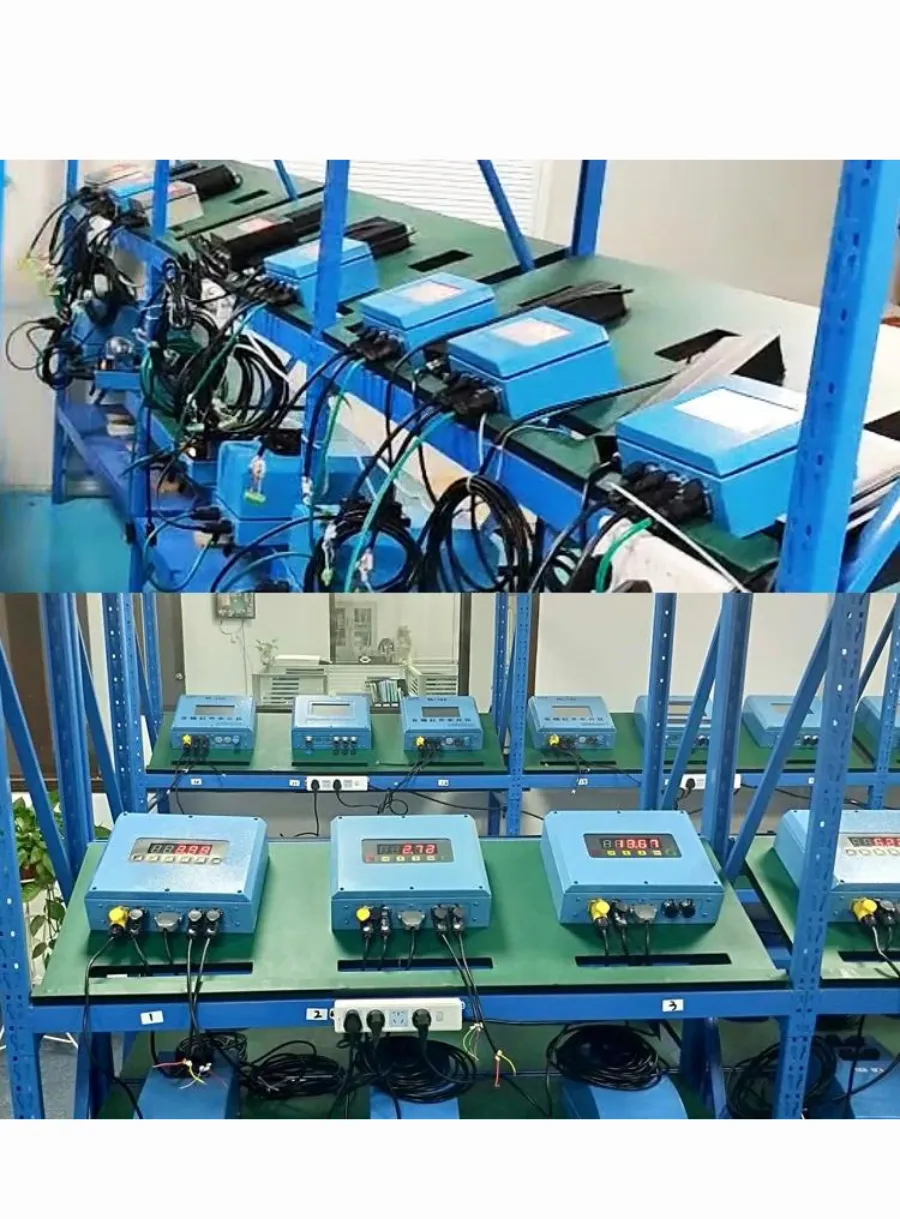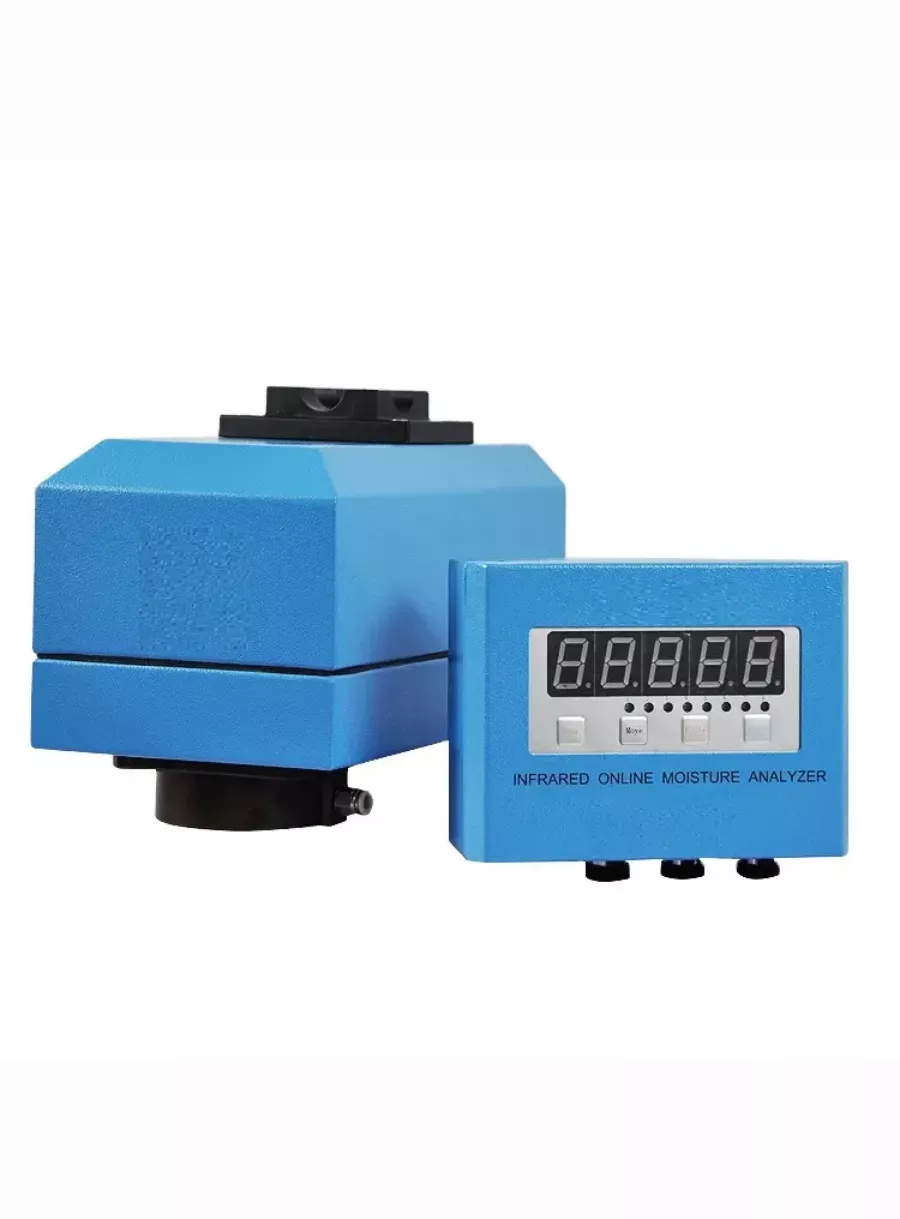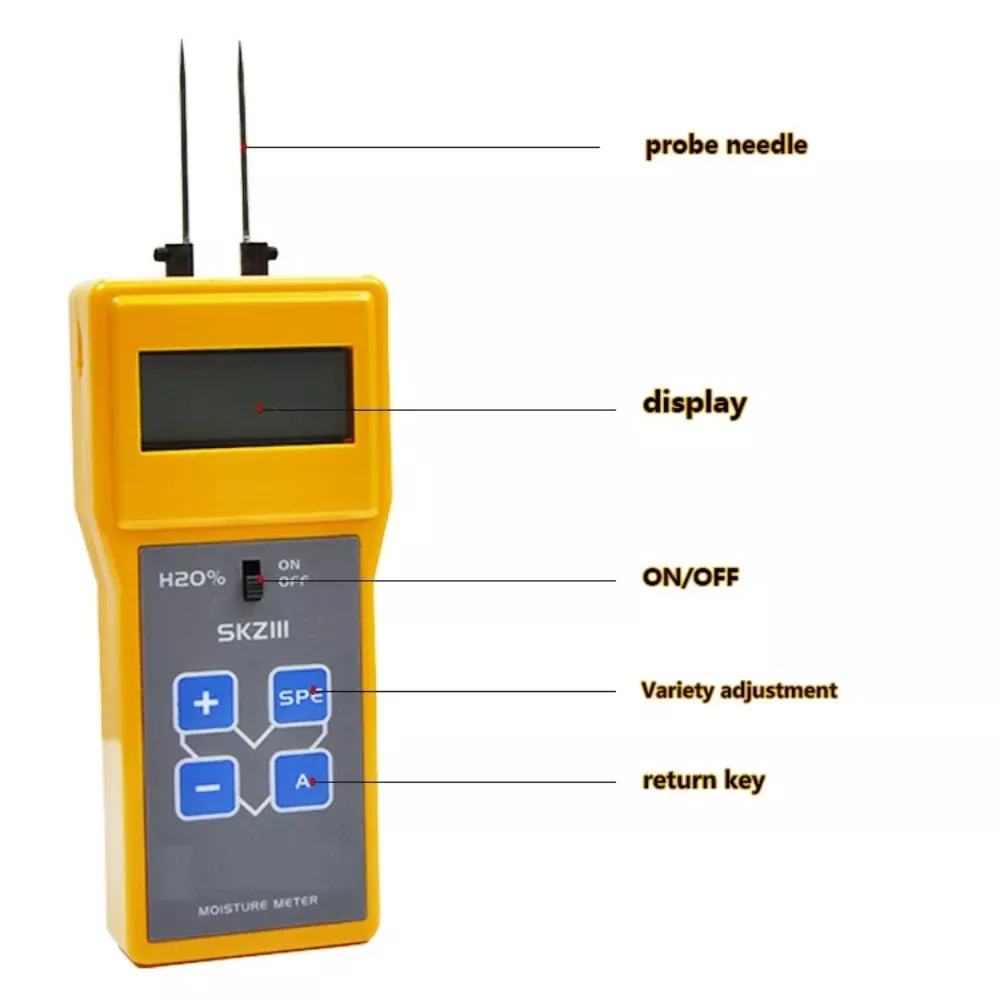
The Impact of Soil Moisture Meters
Table of Contents
Precision Irrigation: The Key to Optimal Crop Yields
One of the primary benefits of soil moisture meters is their ability to provide accurate and real-time data on soil moisture levels. This information is invaluable for farmers, as it allows them to make informed decisions about irrigation practices. By knowing the exact moisture content of their soil, farmers can ensure that their crops receive the appropriate amount of water, which is essential for healthy growth and high yields.

Moving Beyond Traditional Methods: Embracing Accuracy
In the past, farmers relied on traditional methods such as touch and visual inspection to determine soil moisture levels. However, these methods are highly subjective and can lead to inaccurate assessments. Soil moisture meters, on the other hand, use advanced technology to measure moisture levels with precision, eliminating the potential for human error.
Water Conservation: A Critical Benefit for Sustainable Agriculture
Another significant impact of soil moisture meters on crop yields is their ability to help farmers conserve water resources. With the increasing demand for food production and the growing scarcity of water, it is more important than ever for farmers to use water efficiently. Soil moisture meters enable farmers to optimize their irrigation practices, ensuring that water is distributed evenly and only when necessary. This not only conserves water but also reduces the risk of overwatering, which can lead to root rot and other soil-related issues.

Monitoring Soil Health: A Proactive Approach to Crop Management
Soil moisture meters also play a crucial role in monitoring soil health. By regularly measuring soil moisture levels, farmers can identify any changes in soil composition or structure that may affect crop growth. For example, if the soil becomes too dry, it can lead to compaction and reduced root penetration, which can negatively impact crop yields. Conversely, if the soil becomes too wet, it can lead to poor drainage and waterlogging, which can also harm crop growth. By monitoring soil moisture levels, farmers can take corrective action to maintain optimal soil conditions for crop growth.
Advancing Agricultural Research: A Foundation for Innovation
In addition to their practical benefits, soil moisture meters have also contributed to the advancement of agricultural research. By providing accurate and consistent data on soil moisture levels, these devices have enabled scientists to conduct more precise experiments and develop new farming techniques. This has led to significant improvements in crop yield and quality, as well as increased efficiency in water use.
Comments
Tags
Frequently Asked Question
While not a guarantee, optimizing irrigation based on accurate moisture readings can significantly improve the conditions for plant growth, leading to potentially higher yields.
Yes, soil moisture meters can be used for a wide range of crops, from fruits and vegetables to grains and fiber crops.
Even with a timer, a soil moisture meter can help fine-tune irrigation schedules based on actual soil conditions, preventing over or underwatering.
Some regions offer programs promoting water conservation technologies, which may include subsidies or incentives for purchasing soil moisture meters. Check with local agricultural agencies for details.


